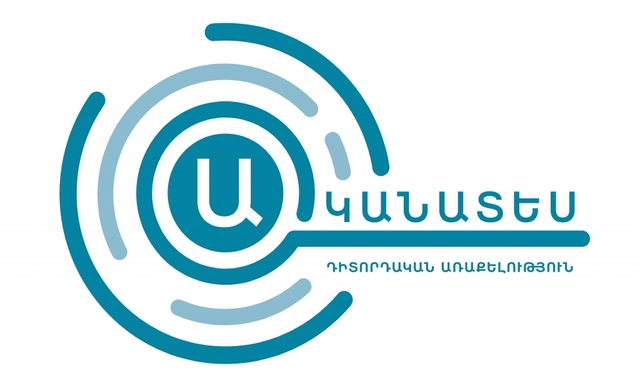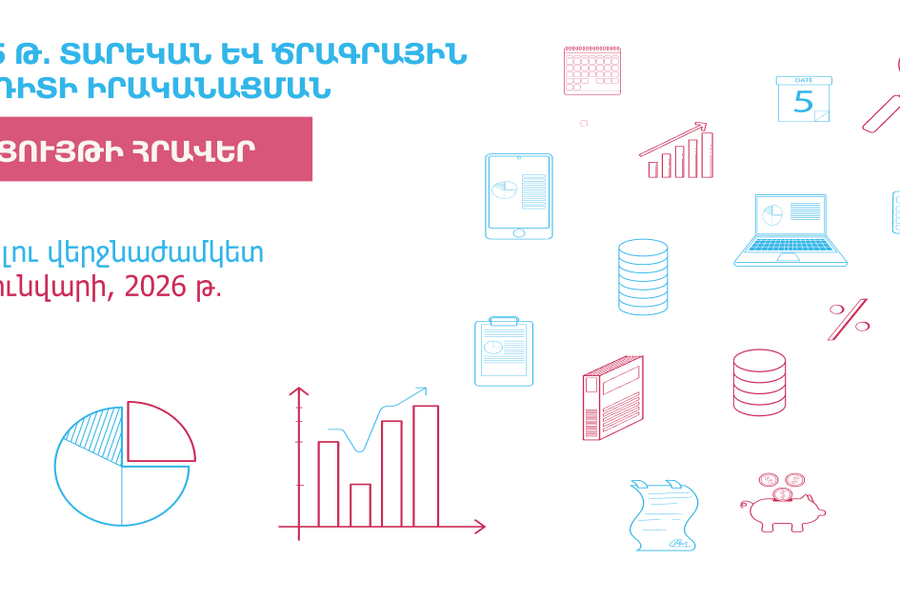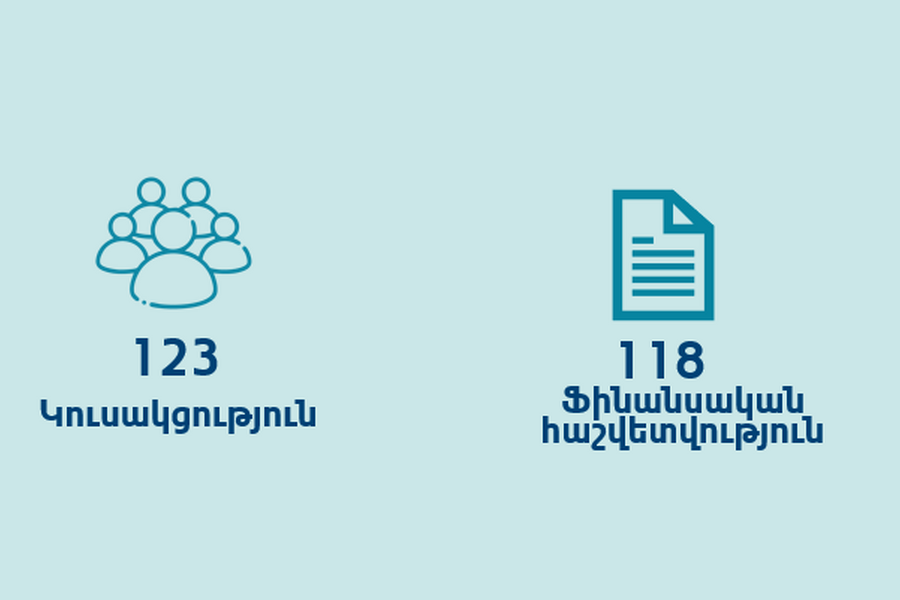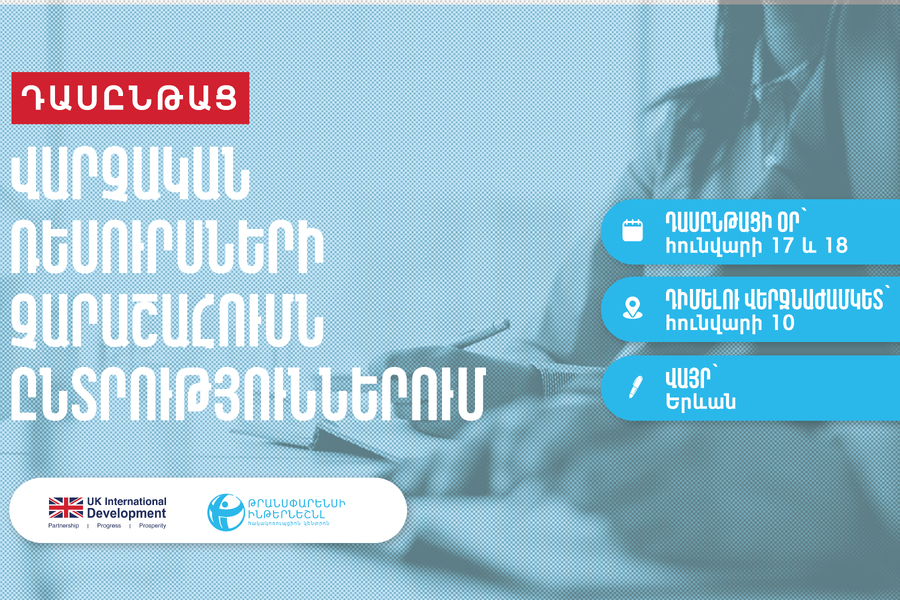The pre-election phase was generally free and competitive, providing an opportunity for peaceful campaign
The pre-election phase of the snap elections, to take place on December 9, 2018, was generally free and fair, providing an opportunity for a peaceful campaign. This is essentially different as compared to the same phase of last year’s nationwide parliamentary elections. There has been serious progress in terms of less abuse of administrative resources and less pressure on voters to express their will.
The pre-election processes are largely well-organized and smoothly organized. The Central Electoral Commission (CEC) is acting in a transparent manner; however, some information is not being published according to open election data principles and formats, which, if done, would add to the public’s ability to access and analyze information. There are no discussions taking place during the CEC sessions: all the decisions are being taken unilaterally, which is problematic. The observation organizations accreditation procedures and practices have multiple flaws that on one hand create obstacles for those organizations, and also hinder the efficiency of the administrative work by the CEC. The CEC does not carry out its functions properly as it does not exclude the participation of politically-biased observation groups, thus placing the institute of credible, independent and impartial observation citizen at risk.
The territorial electoral commissions do not function professionally. They also lack modern technical equipment, which decreases their efficiency and impedes further improvement. The training of precinct election commissions is in general adequate; however, there was not enough time allocated for the preparation of the new committee members given the complicated electoral procedures, envisaged by the Armenian legislation.
The gap in the regulation of the campaign outside the pre-electoral campaign period creates unequal competition for the political forces participating in the elections. When disseminating propaganda and campaign materials, parties and party alliances disregarded the rules provided by the law. The competent authorities do not properly control the adherence to the campaign rules and do not take appropriate measures to eliminate violations, thus failing to ensure proper competition.
The practice of electoral bribery, vote buying and “charity” is almost entirely eliminated, even though there have been separate, sporadic cases and warnings in this regard.
The cases of the abuse of administrative resources have been significantly diminished as compared to the 2017 parliamentary elections. In general, there are problems with public figures’ appropriate perception of this concept.
The pre-electoral campaign was marked by a live-stream debate among political parties contesting in the elections, organized for the first time in the Republic of Armenia. The major focus of the media on the electoral rivalry between two of the political forces cast a shadow on party programs and policy platforms, including their vision for resolving different problems affecting Armenian citizens. Offensive statements, threats and hate speech repeatedly expressed during the campaign are worrisome and do not contribute to the formation of a civilized political culture.
Akanates observation mission will deploy 600 observers to 300 polling stations, along with 50 mobile observer teams and 76 Territorial Electoral Commissions observers across the country. Their work will be supported by 30 lawyers and 30 call center operators.
Contrary to its previous large-scale monitoring efforts, the Initiative will utilize the advanced election-monitoring technique – Sample-Based Observation (SBO), deploying its observers to a statistically representative sample of 300 polling stations.
------------------------------------------------------
This mission is made possible by the financial support from the European Union, National Endowment for Democracy, United States Agency for International Development, National Democratic Institute and Open Society Foundations – Armenia.
The contents are responsibility of “Akanates” (Eyewitness) observation initiative and its member organizations and do not necessarily reflect the official views of donor organizations.






